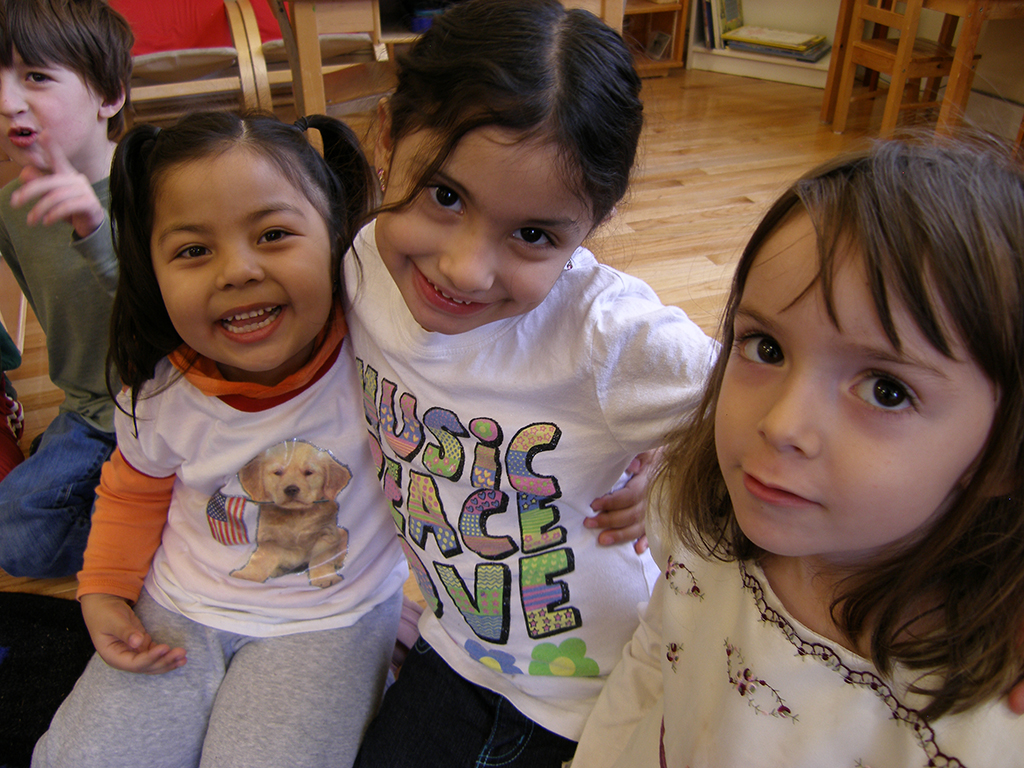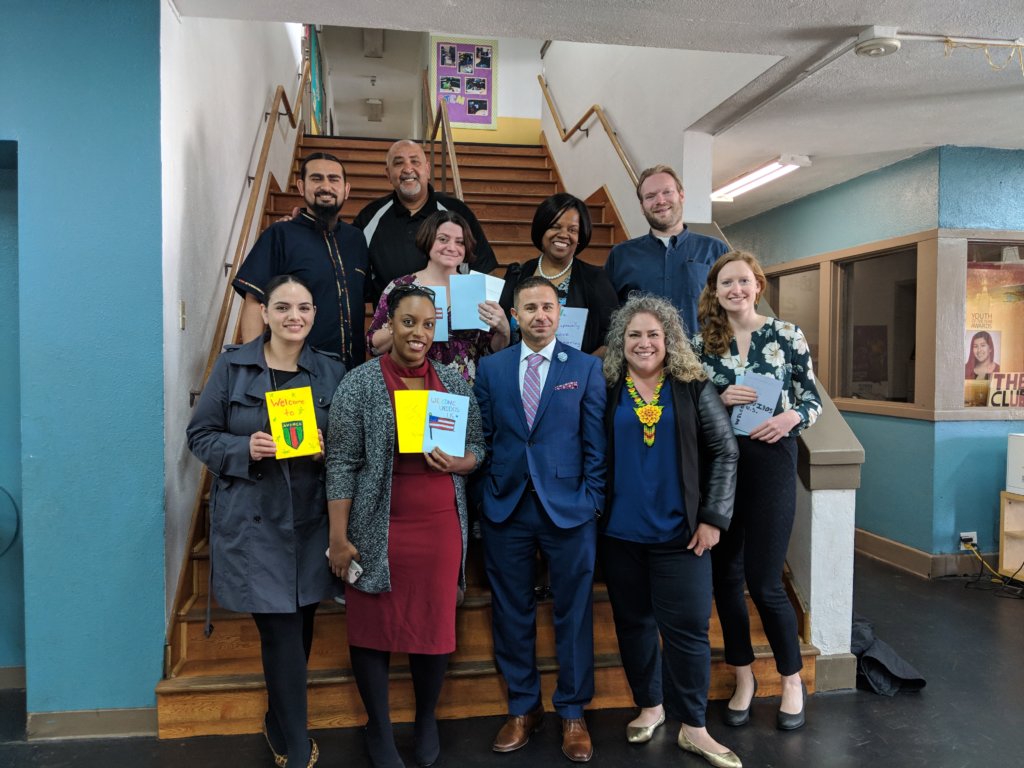Three Simple Tips for Parents to Support Their Children’s Learning During the School Year
By Jesus Sanchez, Fellow, National Institute for Latino School Leaders, NCLR
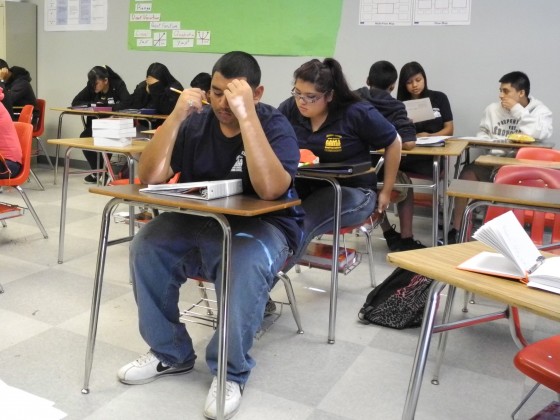
The summer has ended and students are back in school. As you reflect on your summer, think about all the wonderful things that happened, like vacations, time spent with family, visits to the local parks, and impromptu picnics. Summer is the perfect time to unwind, relax, and enjoy life.
Keep up with the latest from UnidosUS
Sign up for the weekly UnidosUS Action Network newsletter delivered every Thursday.
However, with all the activity and action that summer brings, it’s easy to let learning become an afterthought. Even more, summer breaks keep children away from school just long enough to create a gap in learning, which often results in children losing ground on important academic skills.
According to the National Summer Learning Association (NSLA), youth with no access to summer learning programs can lose two or three months in reading and math. Ultimately, these gaps in learning add up—often students are left two or three years behind their peers who may have more access to summer programs and other resources.
When students return for the school year, educators often spend precious time revisiting the curriculum from the previous academic year. However, there are many ways for parents to be their child’s first educator at home and provide support for their children to stay on track… and maybe even move ahead in their education.
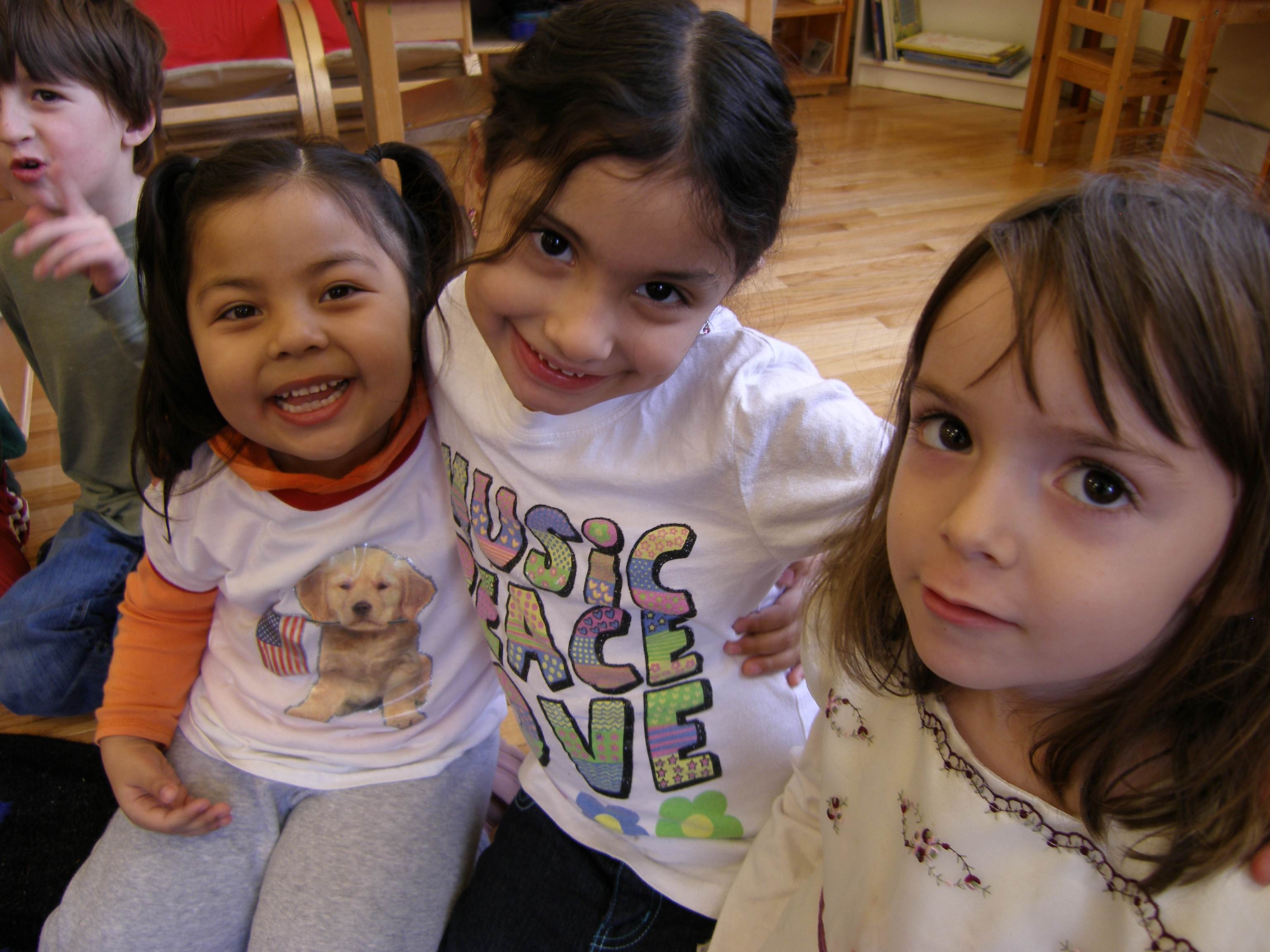
Here are some simple tips for how parents and students can boost some academic potential:
- Register your child for community programs!
Esperanza, Inc., an NCLR Affiliate, provides afterschool leadership activities, mentoring, and academic support. These programs are free to students, as well as parents, within the community. Programs like Esperanza’s ASPIRA Youth Leadership Programs offer afterschool activities focused on increasing self-awareness, time-management skills, organization, and decision-making. While these topics are more focused on social and emotional learning, research shows it has a positive impact on a student’s academic performance and overall motivation to learn. In addition, many, if not all, programs can offer academic tutoring if more support is needed.
Students and parents can get information about events from the school, newsletters, brochures, and community resource guides. Schools and organizations will also host events that give parents and students opportunities to inquire or obtain information about wonderful, educationally engaging programs within their community. NCLR Affiliates like Esperanza, Inc. provide Spanish-language support, offering a fully bilingual staff and volunteers to work directly with parents and students.
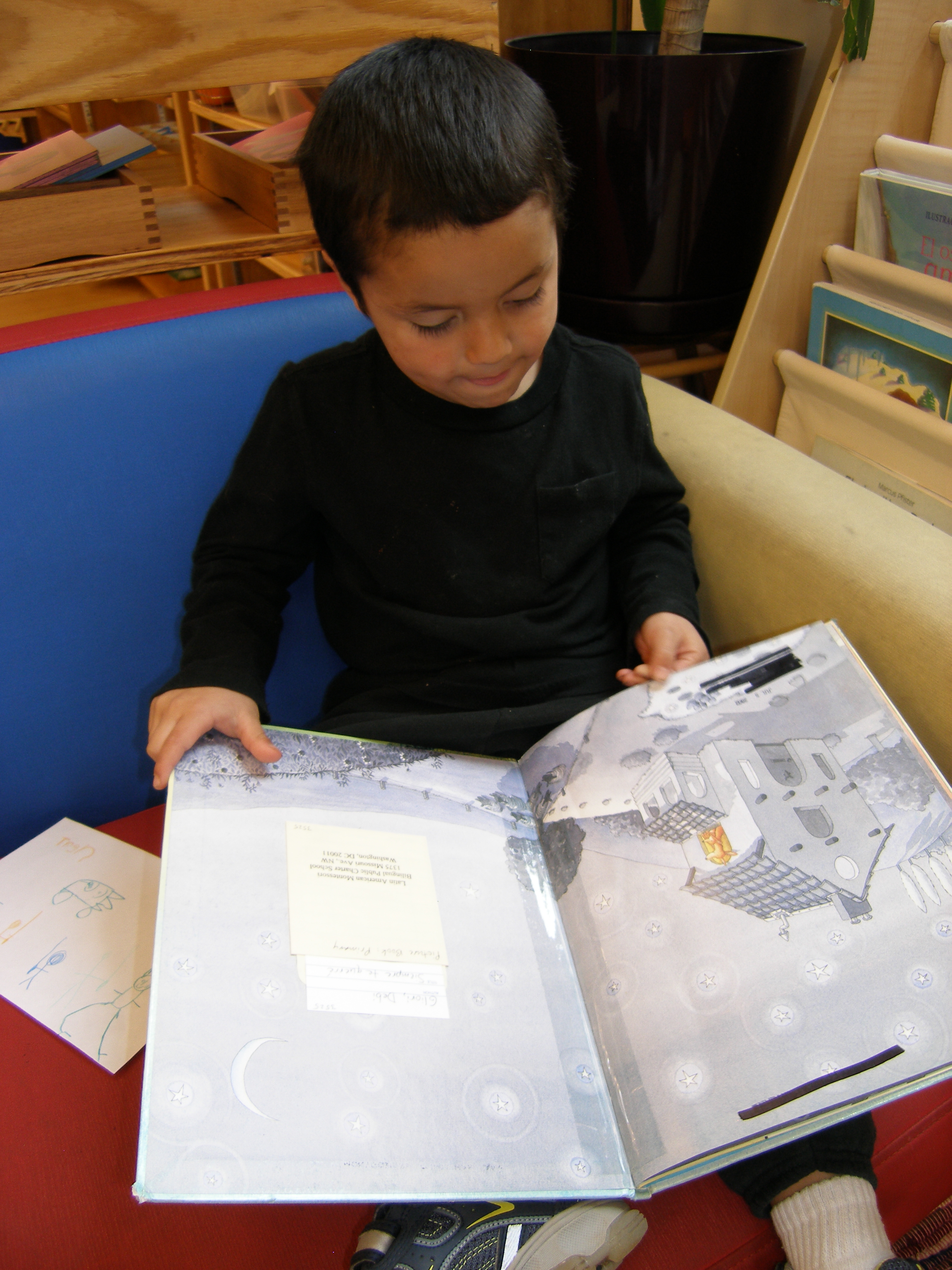
- Read with your child!
Whether you’re a parent or student, reading can go a long way. As a parent, reading can be a special way to connect with your child at any age, and can create a positive outlook on reading. Reading at home helps develop the fundamental skills needed for school, and improves your child’s comprehension.
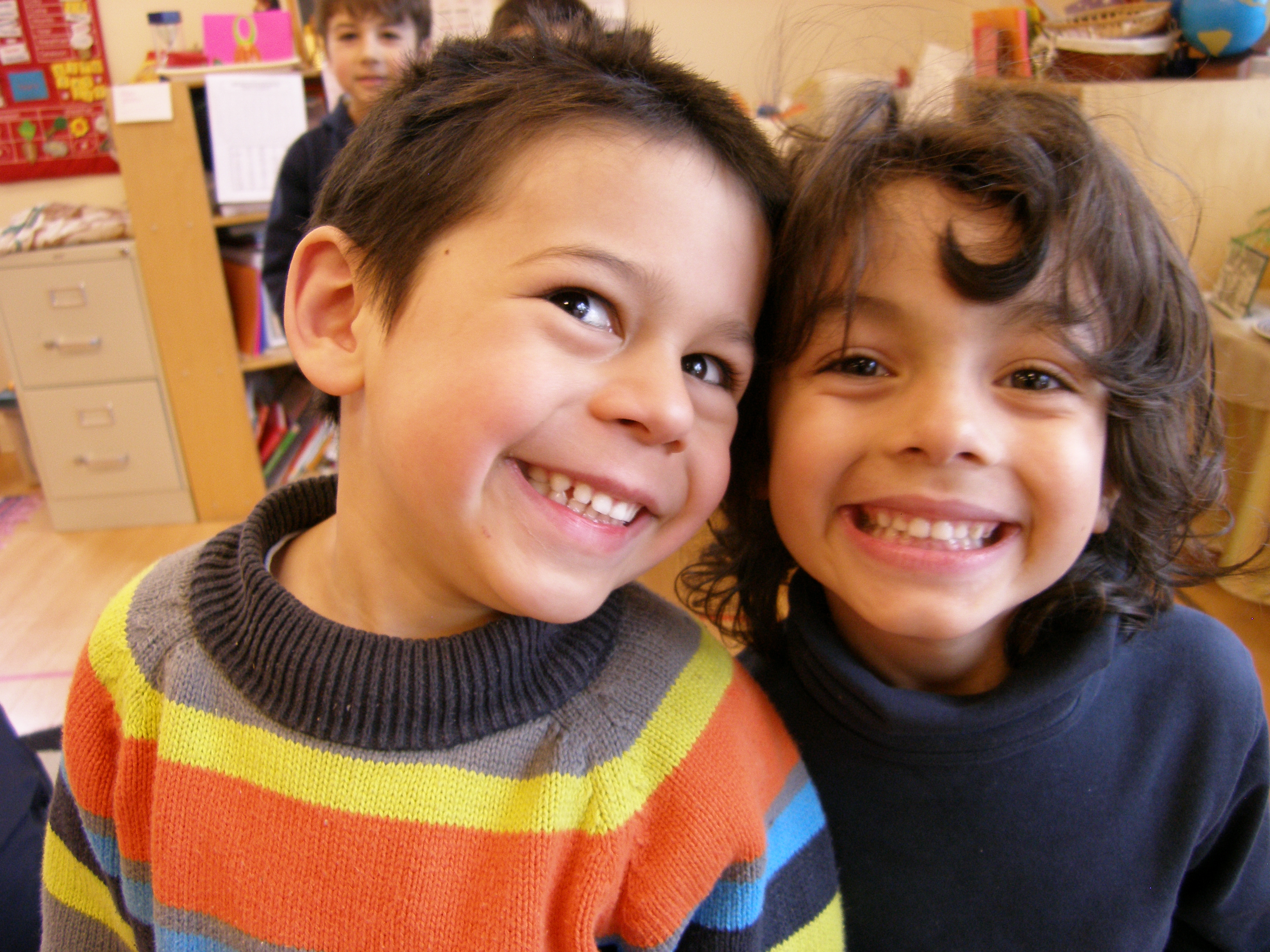
- Get involved with the school!
Many schools have parent organizations, referred to as Parent Teacher Organizations or PTOs, offer opportunities to participate, volunteer, and ensure that parent voices are heard in discussions at the school. If this is too much of a commitment, simply attending your child’s parent-teacher conference and school events will keep you informed. Building relationships with teachers can help both the teacher and the parents better understand their child and student’s educational strengths and challenges.
Children whose parents are involved with their school have fewer behavioral problems and perform better academically. In addition, they are more likely to graduate high school compared to children whose parents are not involved in their education. Fundamentally, parental involvement is important because parents are their child’s first teacher, and the educational foundation for years to come is first established in the home.
